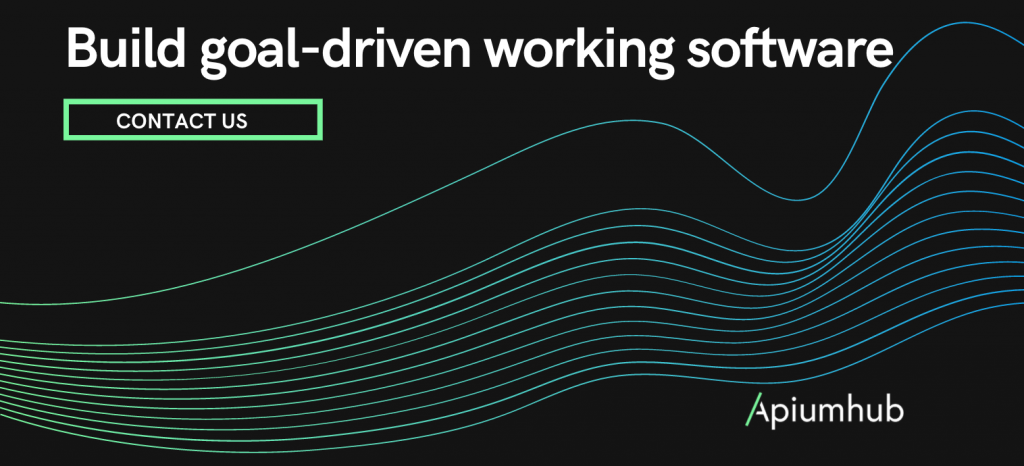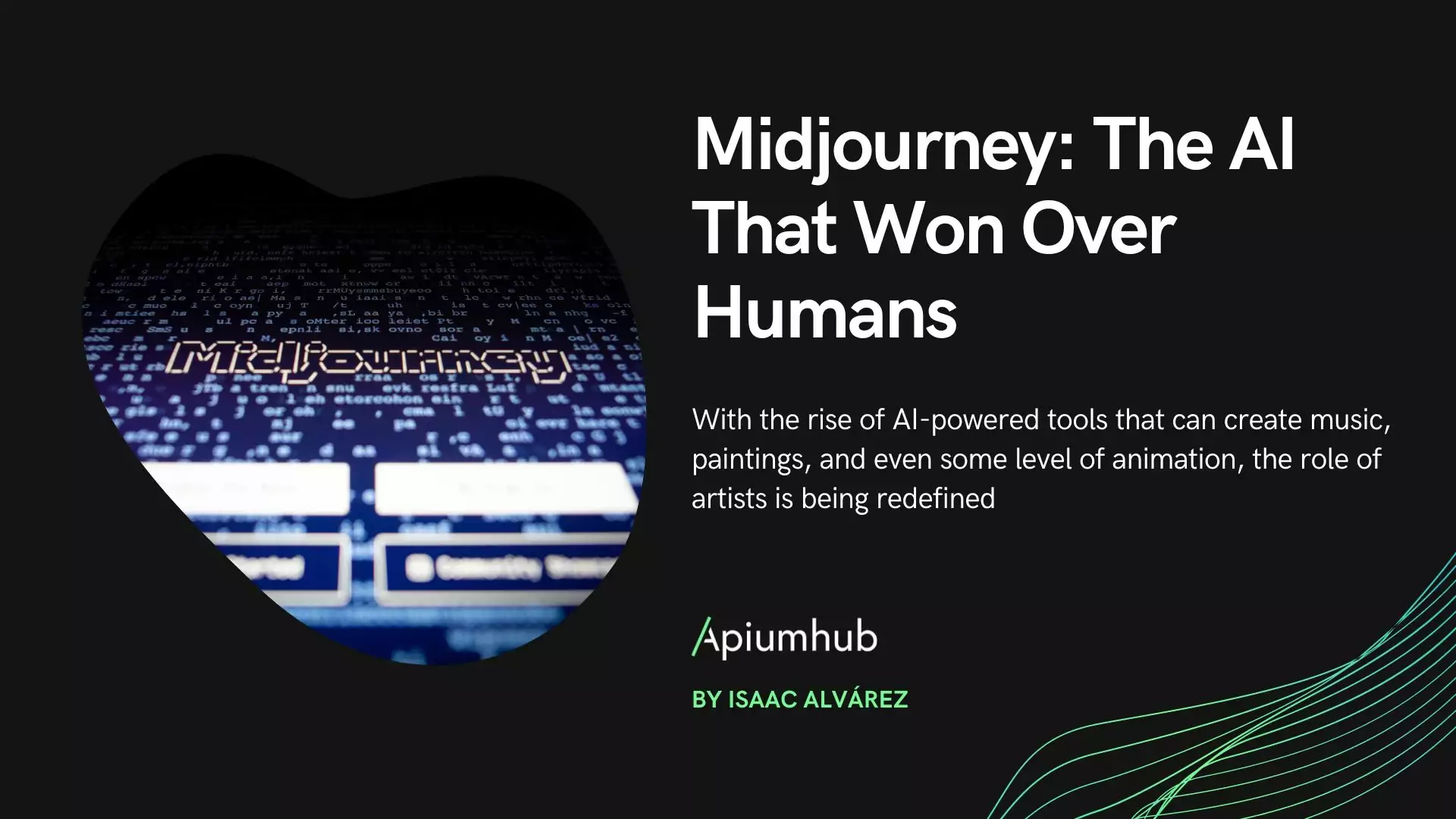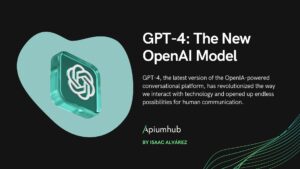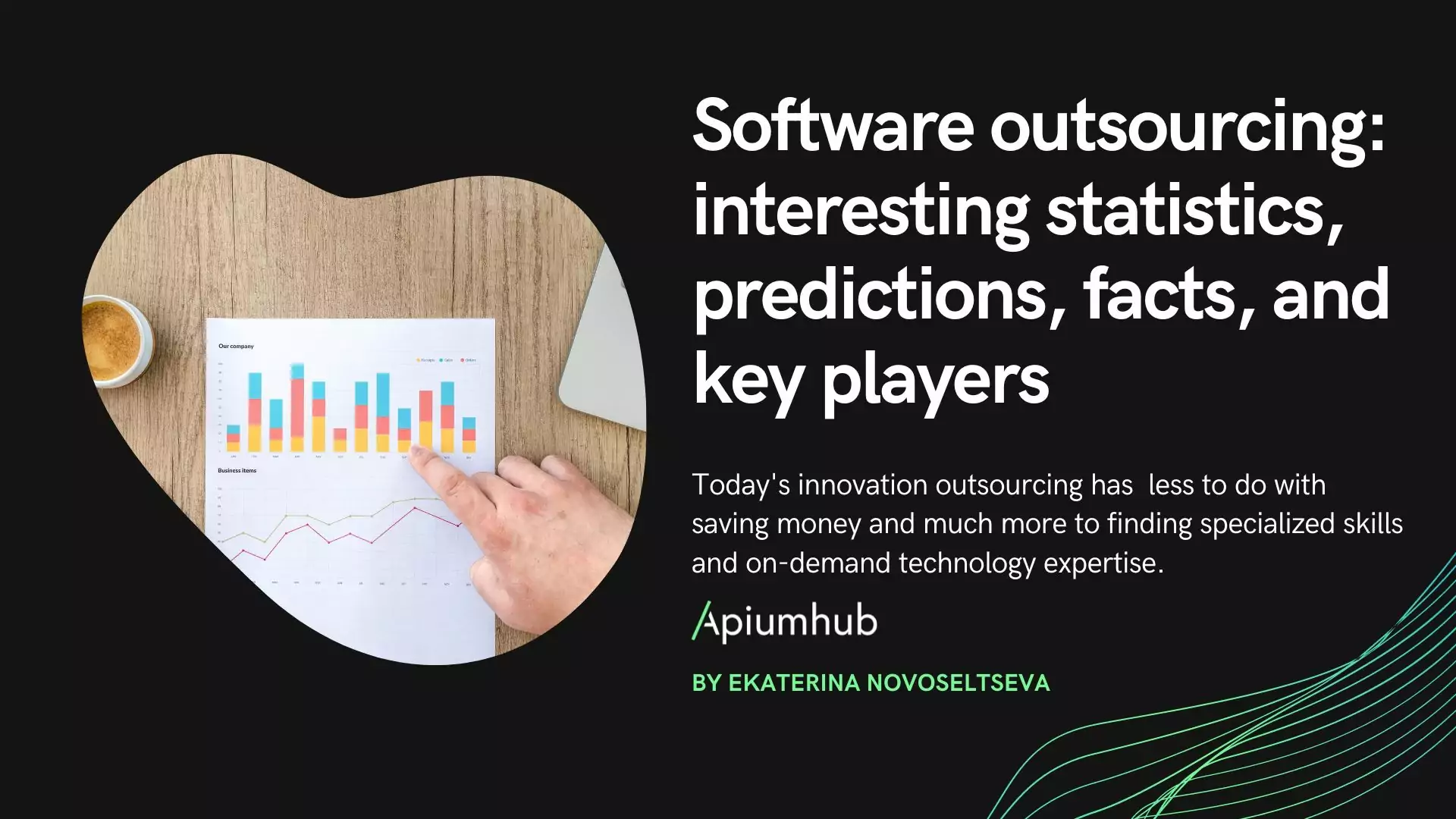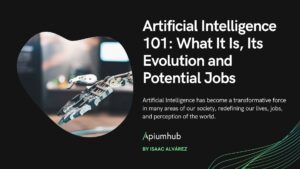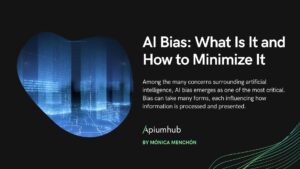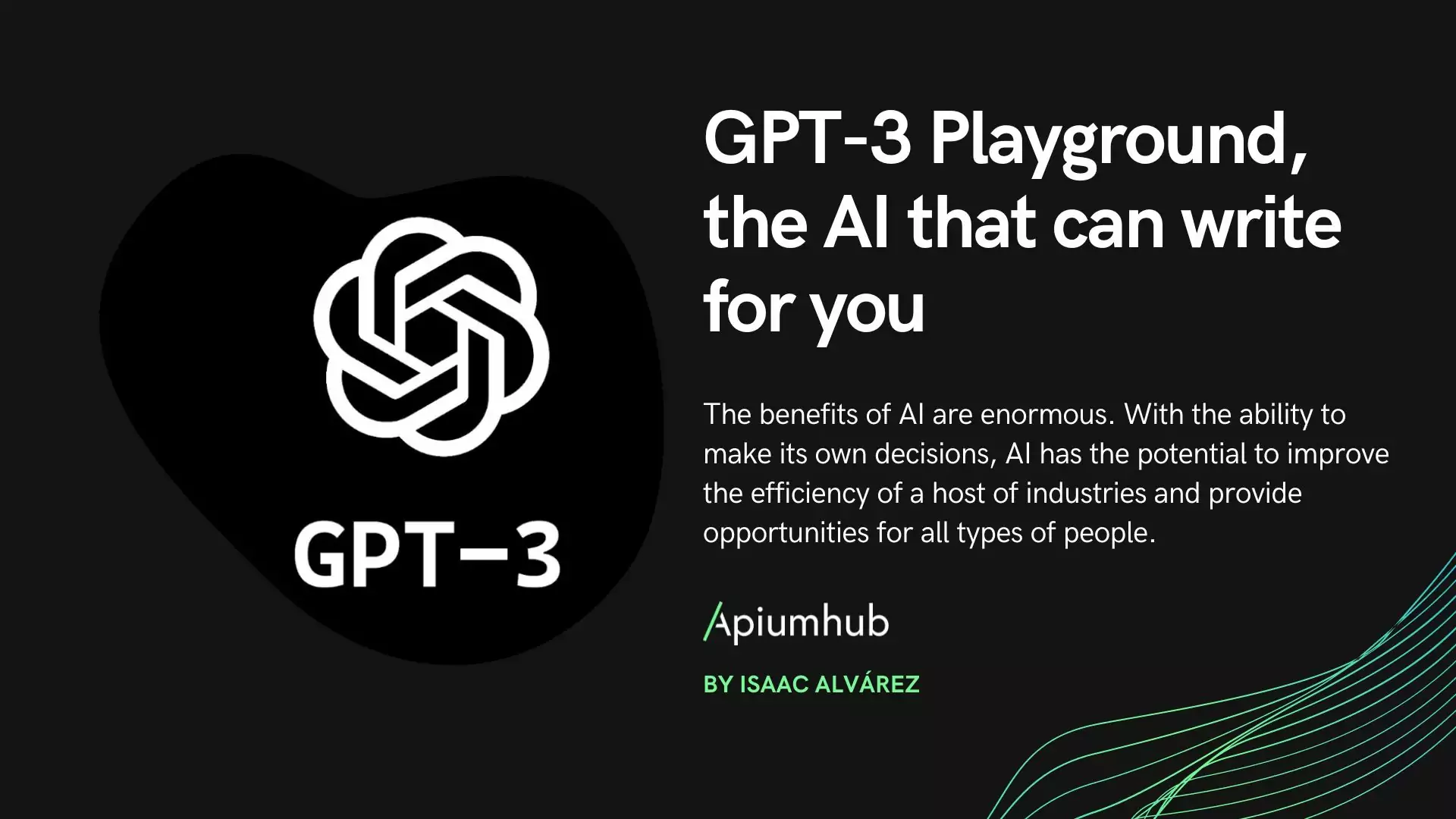Table of Contents
Over 90% of data that exists today was created in the last two years. The digital economy has become more information intensive, and even traditional industries, such as oil, automobile manufacture and financial services, are becoming data driven. We are undoubtedly experiencing a data revolution in which our ability to generate, process, and utilize information has been magnified many times over by data-driven solutions and data driven development.
Data driven development
In today’s digital world, data is constantly being generated, evaluated, and updated. It also plays an important role in the work of software engineers by providing accurate, actionable feedback that helps engineers understand where and how to make improvements to a product or process.
Data also helps IT leaders visualize how work is being done, the quality and quantity of output, and how they can improve the lives of staff. And it’s a vital part of any digital transformation.
Software engineering organisations already own vast amounts of data. However, that data is often locked away in silos and often used for very pinpointed operational decisions rather than the overall management of processes, teams, and risks.
”111 billion lines of new software code is created every year.” — Secure Decisions
Many organizations are implementing KPI or objectives and key results (OKRs) that encourage teams to think about business value and strategic outcomes in their daily work.
When used correctly, KPIs and OKRs are valuable tools for data-driven development. The right metrics create visibility into how the business is successful and each person can see how their individual work contributed.
But there’s much to uncover when it comes to data-driven development. The key to successfully implementing a metrics-based program often depends more on how well your teams work together, not on focusing on numbers and charts. Individuals must engage with the data, and ideally, they should be the ones requesting more data to continue to improve their work.
“The great thing about fact-based decisions is that they overrule the hierarchy.” — Jeff Bezoz, Founder Amazon
This tends to happen only when the human side of software development is taken into account at the beginning of a KPI or OKR initiative. With this in mind, a successful data-driven development organization will figure out what makes its people want to succeed and what they need to do their jobs better.
“Smart use of data holds an immense development potential that is already available to governments, businesses, and citizens. It helps to boost economic growth, reduce the digital divide, and bring better services and benefits to the people who need them most,” said Boutheina Guermazi, Director of the World Bank’s Digital Development Global Practice.
Big data has turned the software industry on its head. While many software developers are looking to create new applications that use big data, they are also using big data to streamline development.
Data-driven development is typically applied to streams of structured data, for filtering, transforming, aggregating (such as computing statistics), or calling other programs. Typical streams include log files, delimiter-separated values, or email messages, notably for email filtering.
Data driven development elements
- Company vision
Having a strong company vision is not technically one of the pillars, but it is critical. The company vision is the “why” of the organization and should be strongly reflected in your KPIs and OKRs. - KPIs
These measure your organization’s/project’s ongoing business performance, including profitability and how it achieves its vision. If your KPIs miss one of these marks, your employees may become disconnected from the company vision. - OKRs
These are measurable goals that are more transitory than KPIs. Your OKRs should measure what is happening now (this month, this quarter, this year) to achieve and improve results. - Engineering metrics
Good engineering metrics should result in agreed-upon standards for software engineers, a high bar for quality of work, and the production of more and better features in order to support more valuable work. Actually, you may find more info about it here: software architecture metrics - Positive behavioral metrics
When you have a down quarter or a struggling team, what gives your people energy and lifts them up so they deliver anyway? What makes them carry on? What makes them feel that it is worth it to do so? Each of these is driven by positive behavioral metrics.
Try to get your teams to engage with the numbers, and suggest ways to use them, but note that Data-driven development produces benefits well beyond the numbers if you have an effective process that reduces pain points and drives success. Very important is to have a greater focus on delivering value.
With metrics in place, the value you deliver will be measurable, and your employees will be engaged and happy to contribute to the organization’s success.
Data Driven Development Benefits
- Faster ways to collect smart data
- Brings in good and complete control of ways to assess and measure level of success.
- Collected data freely shared with all who are involved in the development process keeps the fresh stream of analytics open for change.
- Data-driven development makes it possible to analyze and study what lies in the future as well as reveal potential solutions to fix them before they stretch to become serious challenges and problems.
- Data gives and enables ability to comprehend the bigger picture. This is because it reveals and shows comparative trends over longer timeframes.
If you need any help with data driven development, let us know, we are here to help!
Author
-
Ekaterina Novoseltseva is an experienced CMO and Board Director. Professor in prestigious Business Schools in Barcelona. Teaching about digital business design. Right now Ekaterina is a CMO at Apiumhub - software development hub based in Barcelona and organiser of Global Software Architecture Summit. Ekaterina is proud of having done software projects for companies like Tous, Inditex, Mango, Etnia, Adidas and many others. Ekaterina was taking active part in the Apiumhub office opening in Paseo de Gracia and in helping companies like Bitpanda open their tech hubs in Barcelona.
View all posts
